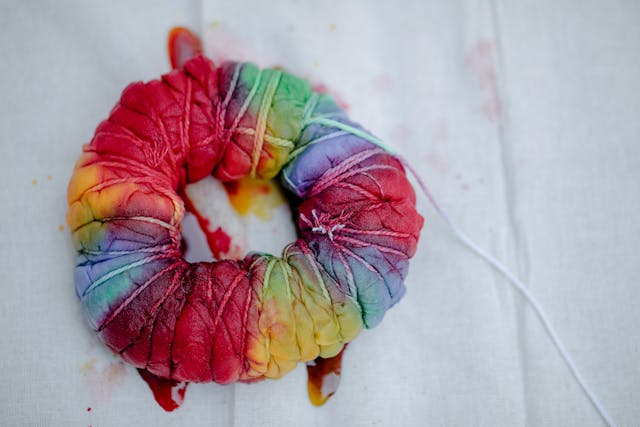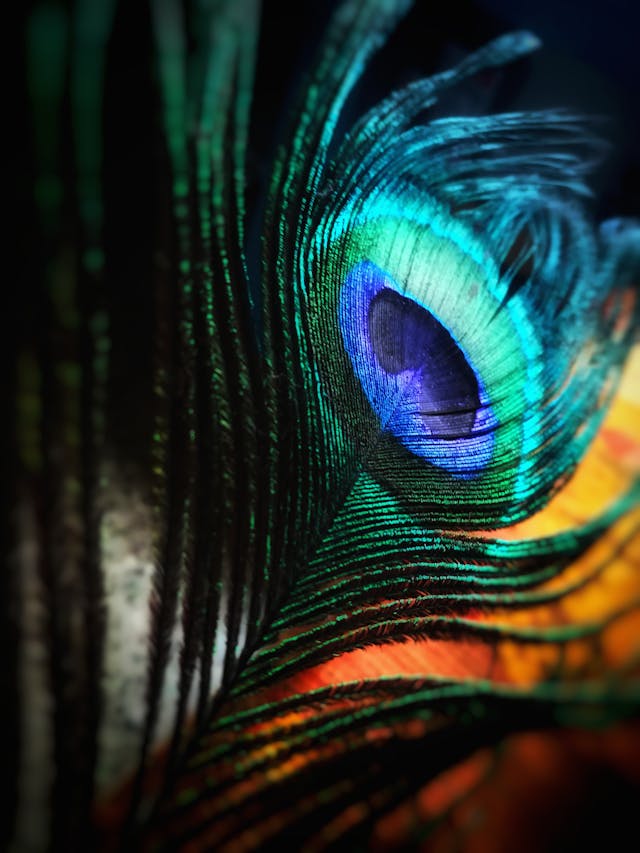
Fashionable Learning: How Dressing Up Can Enhance Educational Experiences
In the realm of education, the concept of dressing up extends far beyond costumes for school plays or themed dress-up days. Research suggests that clothing choices can profoundly impact a child's cognitive development, emotional well-being, and overall educational experiences.

Here's how dressing up can enhance educational experiences:
- Encouraging Role-Play: Dressing up allows children to step into different roles and personas, fostering imaginative play and creativity. Whether they're pretending to be a scientist, doctor, or explorer, role-play activities provide opportunities for hands-on learning and problem-solving.
- Contextual Learning: When children dress up to represent characters from history, literature, or cultural events, they gain a deeper understanding of the subject matter. For example, dressing up as historical figures during a social studies lesson can make abstract concepts more tangible and memorable.
- Building Confidence: Wearing costumes or special outfits can boost children's confidence and self-esteem. When they dress up for presentations, performances, or special events, they feel a sense of pride and ownership over their appearance, leading to more positive interactions and learning outcomes.
- Expressing Individuality: Dressing up allows children to express their unique personalities and preferences. Whether they prefer bold costumes, subtle accessories, or themed outfits, their clothing choices reflect their interests and identity, promoting self-expression and self-awareness.
- Fostering Social Skills: Collaborative dress-up activities encourage teamwork, communication, and cooperation among children. When they work together to plan and execute a group costume or role-play scenario, they learn valuable social skills such as negotiation, compromise, and empathy.
Incorporating Dressing-Up Activities into Education:
Educators and parents can integrate dressing-up activities into educational settings in various ways:
- Theme Days: Organize themed dress-up days aligned with curriculum topics or special events. For example, a science-themed dress-up day can coincide with a unit on the solar system or experiments.
- Role-Play Centers: Create role-play centers in classrooms or playrooms equipped with costumes, props, and thematic materials. Encourage children to immerse themselves in imaginative scenarios and narratives.
- Storytelling Sessions: Use storytelling sessions as opportunities for dress-up and dramatic play. Invite children to dress up as characters from stories and act out scenes, fostering language development and comprehension skills.
- Historical Reenactments: Bring history to life through historical reenactments and living history experiences. Provide costumes and props that represent different time periods, allowing children to explore the past in a hands-on and engaging way.
By embracing dressing-up activities as valuable educational tools, educators and parents can enhance children's learning experiences, promote creativity and self-expression, and foster a lifelong love of learning.




